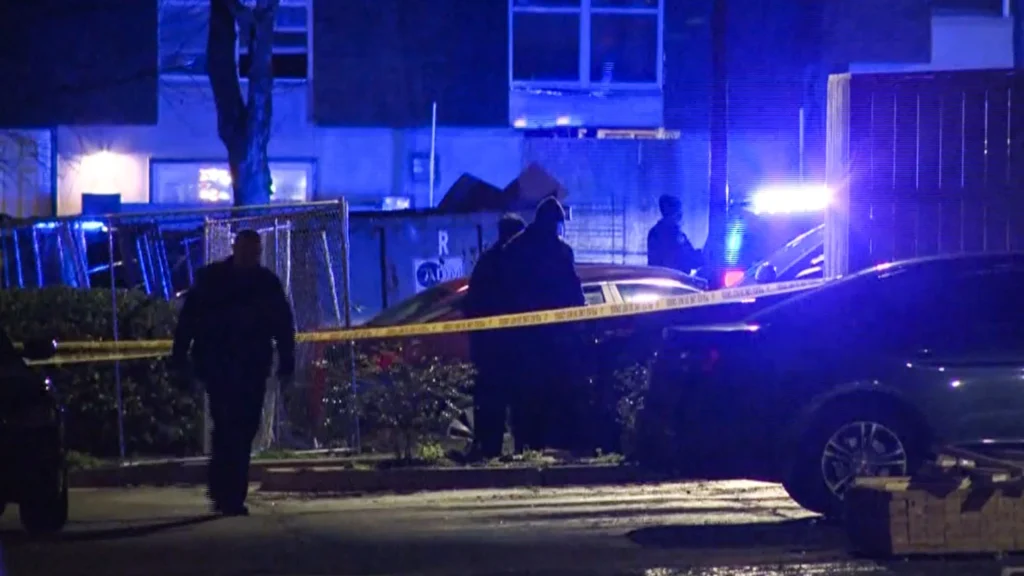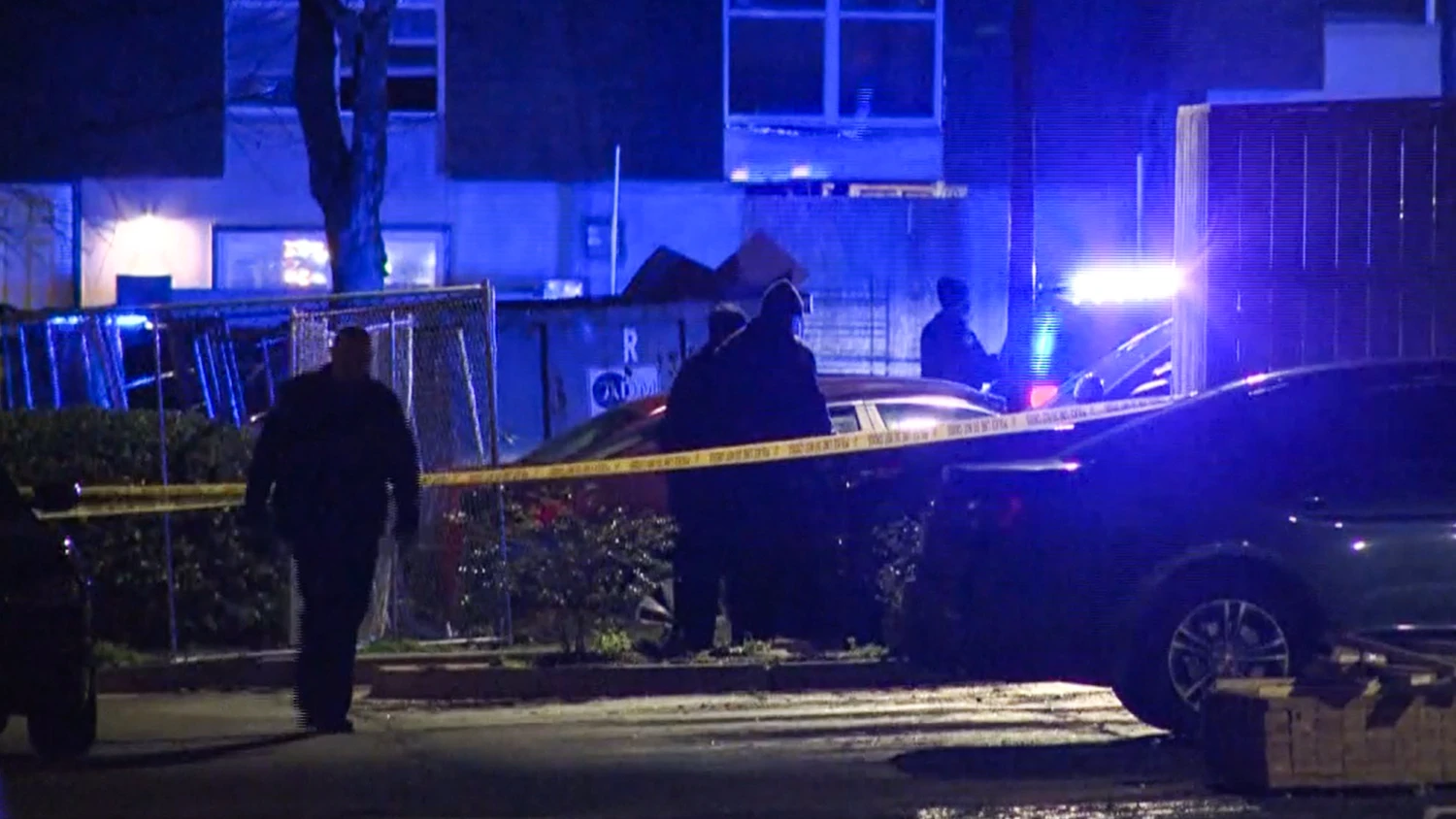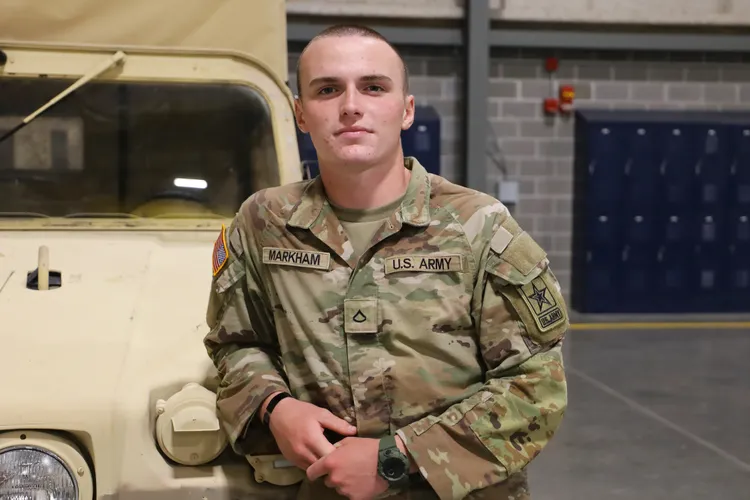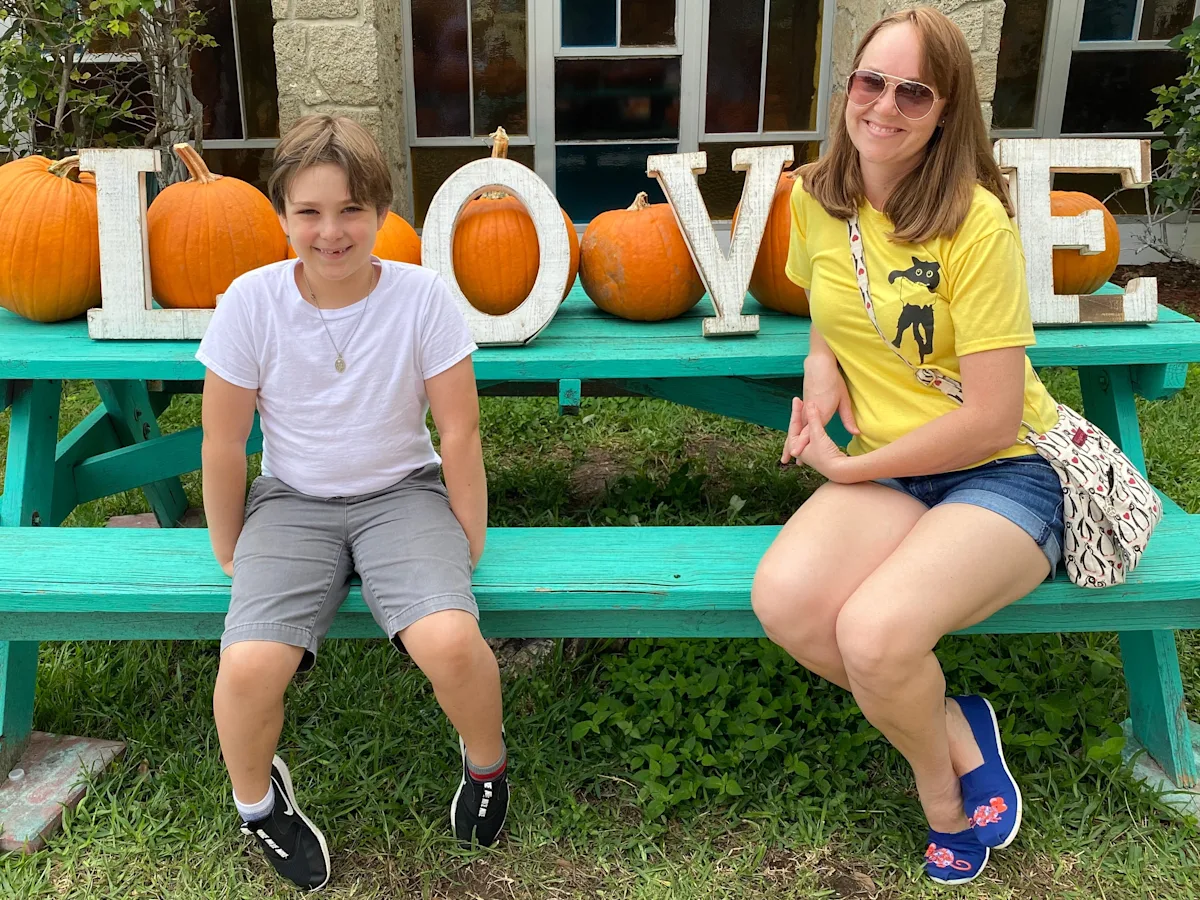In the pre-dawn hours of a quiet Monday, a southeast Atlanta neighborhood was shattered by a gunshot that claimed the life of a 16-year-old boy, mistaken for an intruder in his own home. The tragic misunderstanding has left a family broken, a community in mourning, and police searching for the man responsible, who fled the scene. What began as a routine night turned into a heart-wrenching story of loss, raising questions about fear, safety, and the devastating consequences of split-second decisions.
The Night That Changed Everything

On September 1, 2025, Atlanta police responded to a call near Mulberry Row and Browns Mill Road in southeast Atlanta, arriving at a home where tragedy had already unfolded. Around 3 a.m., a 16-year-old boy was shot and killed inside the residence. Atlanta Police Lt. Andrew Smith, from the homicide unit, explained the grim circumstances to reporters: the teen’s mother’s significant other, believing the boy was an intruder, fired the fatal shot. The suspect, whose identity remains undisclosed, fled before authorities arrived, leaving behind a scene of chaos and grief.
The boy, whose name has not been released, was reportedly returning home late, a detail that underscores the heartbreaking normalcy of his actions. The shooter’s assumption turned a moment of routine into an irreversible loss, and police are now working tirelessly to locate him as the investigation continues. The incident, reported on Channel 2 Action News, has gripped the city, with updates unfolding as detectives piece together the sequence of events.
A Mother’s Unimaginable Loss
The victim’s mother, left to grapple with the death of her son at the hands of someone close to her, faces a grief compounded by betrayal. While police have not shared her identity, the emotional weight of the tragedy is palpable. Lt. Smith’s account suggests a domestic setting where familiarity should have fostered safety, yet fear and misjudgment prevailed. The mother’s significant other, now a fugitive, has left her to navigate not only the loss of her child but also the absence of answers as he remains at large.
Community members, though not directly quoted, are undoubtedly reeling, as such incidents ripple beyond the immediate family. The neighborhood, typically a place of quiet routine, now bears the weight of a tragedy that feels both intimate and universal. The boy’s age—16—strikes a chord, evoking the vulnerability of youth and the fragility of trust within a household. As the family mourns, the search for the suspect intensifies, with police urging anyone with information to come forward.
Police on the Hunt
The Atlanta Police Department’s homicide unit is leading the investigation, with a clear focus on apprehending the suspect. Lt. Smith emphasized that the man is “on the run,” and authorities are combing the area for leads. No description or lookout information has been released, which complicates the search but underscores the urgency of the manhunt. The department is likely analyzing physical evidence from the scene—ballistic reports, fingerprints, or security footage—to narrow down the suspect’s whereabouts.
Investigators are also exploring the context of the shooting. Was it a moment of panic driven by genuine fear, or were there underlying tensions in the household? While the police have not speculated publicly, the fact that the shooter fled suggests a consciousness of guilt or fear of repercussions. Community tips will be critical, and authorities are encouraging residents to contact them with any details, no matter how small, to aid in the suspect’s capture.
A Neighborhood in Shock
Mulberry Row and Browns Mill Road, a corner of southeast Atlanta known for its residential calm, now carries the weight of this tragedy. Neighbors, though not directly quoted in initial reports, are likely wrestling with a mix of sorrow and unease. The idea that a home—a supposed sanctuary—could become the site of such a fatal error resonates deeply. This incident joins a string of recent shootings in the city, each amplifying concerns about safety and the prevalence of firearms in moments of misjudgment.
The broader context of Atlanta’s challenges with gun violence adds urgency to the story. While this case stems from a domestic misunderstanding rather than street crime, it highlights how quickly a weapon can escalate a situation. Community leaders and residents alike may now face renewed conversations about conflict resolution, home safety, and the need for clear communication to prevent such devastating mistakes.
Questions of Prevention and Healing
As the investigation unfolds, larger questions loom: How can such tragedies be prevented? The mistaken identity of the teen as an intruder points to the dangers of assumptions in high-stress moments. Home security measures, while essential, can backfire without proper protocols, especially in households with multiple occupants or late-night routines. The absence of identifying details about the suspect or victim limits speculation, but it also fuels a desire for clarity—clarity that may help other families avoid similar fates.
For now, the focus remains on justice and support for the grieving family. The boy’s mother, his siblings, and extended relatives are left to navigate an unthinkable loss. Community organizations, faith groups, and neighbors will likely rally to offer emotional and practical support, as Atlanta has seen in past tragedies. Meanwhile, the police investigation serves as a beacon of hope for accountability, with the promise of updates as new information emerges.
This heartbreaking event, occurring on the cusp of Labor Day, casts a shadow over a city that knows both resilience and pain. As detectives work to bring the suspect to justice, the memory of a 16-year-old, simply coming home, lingers as a call for reflection and change. The community waits, mourns, and hopes for answers that might bring a measure of peace to a family forever altered.





